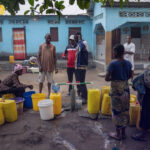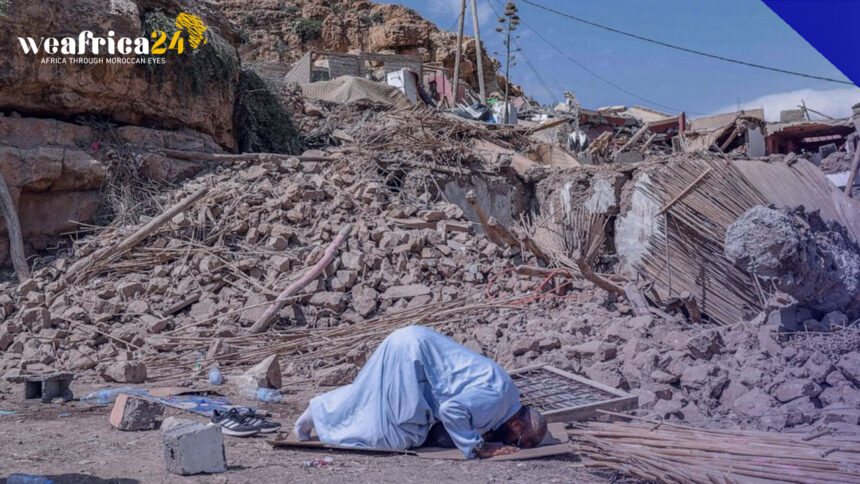A recent study conducted by researchers at the New York University School of Medicine has shed light on the enduring impact of natural disasters, particularly earthquakes, on the sleep patterns and mental health of survivors, even two years after the event.
The study, published in the scientific journal “Sleep,” surveyed 165 survivors of the devastating 2010 earthquake in Haiti, with an average age of 31, including 48% who were female.
The Haiti earthquake was one of the most destructive in the country’s history, resulting in the tragic loss of more than 200,000 lives and displacing over a million people.
The study’s findings indicated that 94% of the participants experienced symptoms of post-disaster insomnia. After two years, approximately 42% of the respondents exhibited clinically significant levels of post-traumatic stress disorder (PTSD), and around 22% of them displayed symptoms of depression.
The study also revealed that the survivors who experienced sleep disorders were more likely to develop post-traumatic stress disorder, depression, and other mental health issues, underscoring the interconnectedness of these conditions.
Dr. Judith Blanc, the lead researcher, remarked, “This is one of the first epidemiological studies to investigate the prevalence of sleep disturbances among survivors of the 2010 Haiti earthquake.”
She added, “Our study confirms a strong association between common trauma-related disorders and pathological sleep conditions among a group of survivors.”
Dr. Blanc emphasized the importance of assessing and addressing sleep problems among disaster survivors, as these issues are prevalent after natural catastrophes and have significant implications for mental health.
It’s worth noting that adequate sleep, typically 7 to 8 hours per night, is crucial for overall health and can help protect against various diseases, including obesity and kidney dysfunction, according to numerous studies.
In a related context, the World Health Organization (WHO) reported that more than 300 million people worldwide currently grapple with depression. The organization warned that depression rates had risen by over 18% between 2005 and 2015.
The Recent Earthquake in Morocco
In the wake of the recent earthquake in Morocco’s Al Haouz region, which shook the region and left its impact on local communities, Moroccan authorities, and organizations need to take heed of the lessons from studies like the one conducted in Haiti.
While addressing immediate physical needs is paramount in the aftermath of an earthquake, providing psychological support and mental health services to affected individuals is equally crucial. The Moroccan people who have faced the earthquake in Al Haouz should be given access to counseling and mental health resources to help them cope with the emotional and psychological aftermath of such a traumatic event.
Efforts to promote community resilience and preparedness for future disasters should also be intensified to ensure that Moroccan communities are better equipped to deal with the long-term consequences of such natural events, including sleep disorders and mental health challenges.







